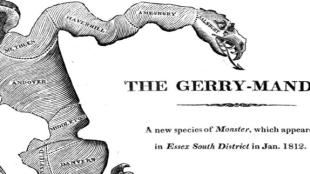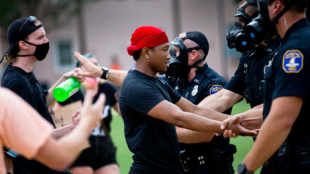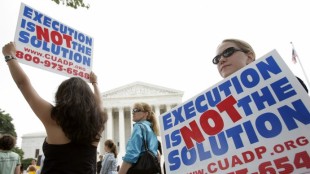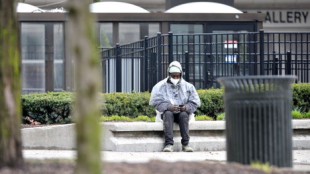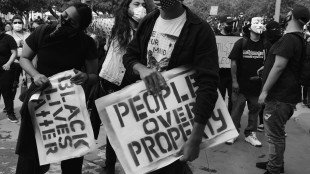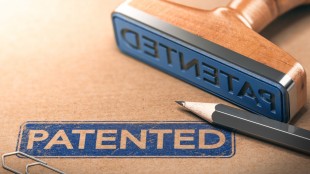Light and Dark: Dazzled Americans Seek Illumination
(Source) The constant march of technology has often created the need for new and sometimes even strange legislation and regulations, which come after the technology has been introduced. The large, well developed regulatory system often allows for great manufacturer freedom with reasonable restraints to avoid public harm. In the case of headlights, the Federal Motor Vehicle Safety Standard No. 108 (FMVSS 108) governs a complicated laundry list of requirements relating to lighting and illumination. Today the current regulation for headlights dictates that headlights operate with two types of beams, high and low. While a driver could flash their beams, have them automatically cycle between on and off, along with disabling them manually, the American driver is unable to do much more than that. The current regulations governing headlights has failed to be updated despite concerted efforts by large manufacturers, with recent attempts to allow more advanced lights being stuck in limbo. In contrast, drivers in other countries including Germany, England, and Japan can enjoy massive benefits with greater illumination offered that does not impede others. Current illumination systems rely on a ruling that is antiquated and defines beams by luminescence and discreet modes offered. Rather than wrap, avoid, or target [read more]



